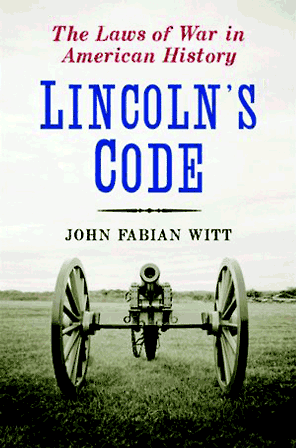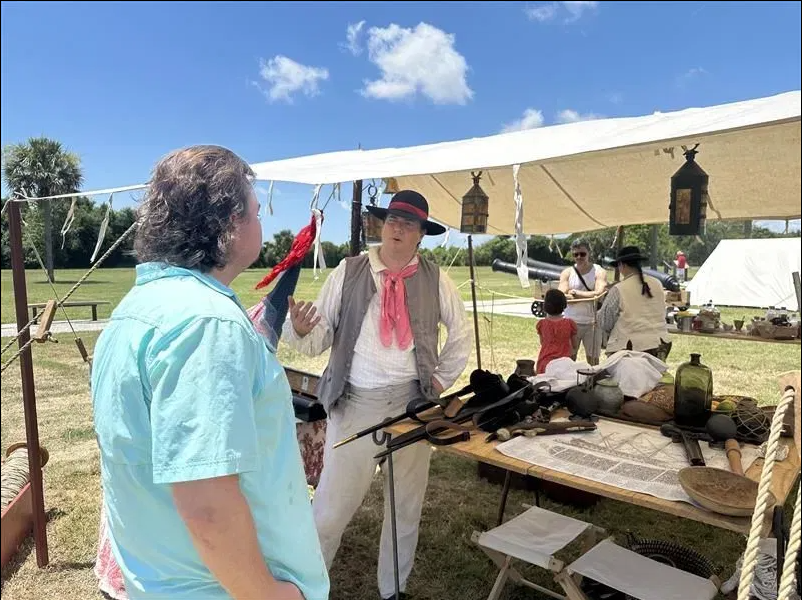In “Lincoln’s Code,” writer and professor John Fabian Witt tells the story of Francis Lieber, the man who wrote the rules of war for Abraham Lincoln, and how those rules became the basis for modern laws governing the conduct of warfare.
‘Lincoln’s Code: The Laws of War in American History’
by John Fabian Whitt
Free Press, 498 pp., $32
Within “Lincoln’s Code,” there’s a biography of a fascinating man. Francis Lieber was wounded while fighting against Napoleon, had a son fighting on each side in the Civil War and immersed himself in war. But author John Fabian Witt has only a passing interest in telling Lieber’s life story. He’s interested in what Lieber wrote: the rules that guided the fighting by the Union side in the Civil War.
If you don’t have an intense interest in the laws of war and how they have been developed and played out since the founding of the United States, this book will be a stifling read, filled with more legalities than humanity.
However, there’s good reason to kindle an interest in these laws, because Lieber’s work became the basis for how wars have been fought ever since. His code still frames the discussion and decisions on the military tribunes being used to try prisoners held at Guantánamo, the choices of targets for U.S. drone attacks and the rationale for — or rejection of — enhanced interrogation techniques.
The pressing issue for President Lincoln was slavery and emancipation. Should slaves be liberated, or should they be treated as property exempt from seizure or confiscation? How did the Union expect freed slaves serving in the northern armies to be treated if captured by the Confederates? Same as all other prisoners? As escaped slaves to be returned to their masters, or as irregulars condemned to summary execution?
Lieber, born in Berlin in 1798, was well-qualified to answer these and other questions. He had known war personally, fighting against Napoleon as part of a Prussian regiment, and for Greek independence from the Turks as part of an international brigade in 1820. His oldest son died while fighting for the Confederacy.
And he knew war intellectually, praising it in his 1838 “Manual of Political Ethics” as a moral imperative needed to spread civilization. As a professor of history and political science at South Carolina College and Columbia College in New York, he lectured on the laws and usages of war.
And, he had connections. He came to the United States in 1827 to become director of a Boston gymnasium (secondary school), which ultimately failed. But the job led to introductions to some of the leading men of the day, including President Andrew Jackson. He met Abraham Lincoln when bestowing an honorary degree on the president and corresponded with members of his Cabinet.
Lieber had been a slaveholder in South Carolina. But when called upon in 1862 to revise the Articles of War, he did so with a belief that slavery was “antithetical to the moral progress of the age,” as Witt, a Yale professor of law and history, writes.
When the resulting revision was issued as General Orders No. 100, it did much more than establish the freedom of slaves and how they were to be treated. Prisoner exchanges, treatment of civilians, bombardment of cities were among the many consequences of war addressed by Lieber.
Most important, the new code moved the nation from a long tradition of limiting war’s destruction to the permissible use of any force if required by military necessity. This followed Lieber’s belief that once a war begins “the best and most humane thing is to carry it on as intensely as possible so as to be through with it as soon as possible.”
Such a code fit the plans Lincoln had to end the war and save the Union.
By by John B. Saul, Special to The Seattle Times



